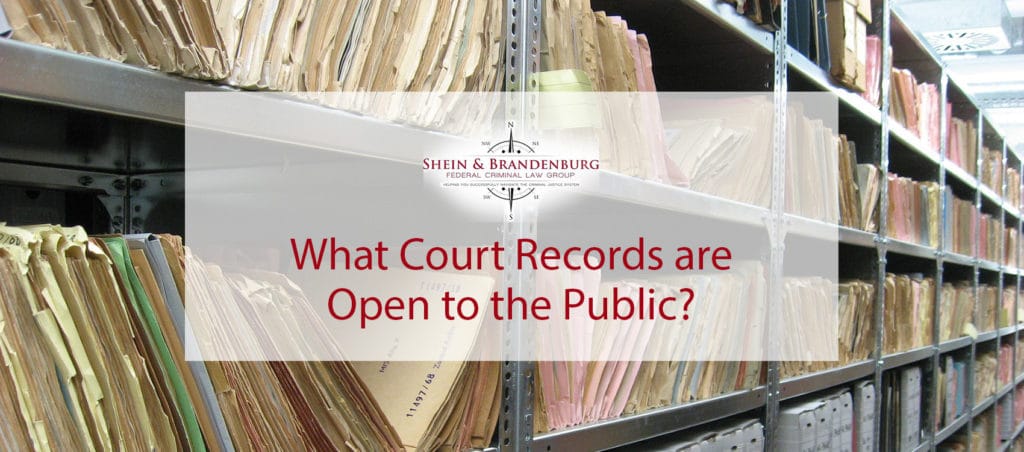


One of the most common questions asked by clients who face criminal charges is whether the public will be able to access their records. The answer is that it often depends on what court records are involved.
If you are not certain whether records are open to the public, it is a wise idea to speak with an experienced attorney.
Both the federal and state government decide on what type of public access will be granted for court records as well as other government documents. In 1966, the Freedom of Information Act was signed into law by President Johnson to protect the rights of any individual to request access to federal agency records. There are, however, some notable exceptions to the general preference to grant public access to government documents.
Most legal proceedings are public. Courtrooms are often open to the public. While civil lawsuits are considered public records, records related to criminal trials can also be released to the press. As a result, if you are charged with a criminal offense or are involved in a civil lawsuit, at least some information will likely be made available to the public, which often occurs through the PACER system.
To control the amount of information that is disclosed, it is often a wise idea to obtain the assistance of an experienced attorney who has knowledge about public access laws and in some situations might be able to help further restrict public access.
There are numerous exceptions to the public nature of records. Some of the situations that frequently result in records being kept private rather than public include the following:
In some cases, it is possible to seal and expunge a court record so that it is no longer available to the public. While sealing a record greatly reduces the number and type of people who have access to information about a charge, expunging a record wipes details about the offense from a person’s record.
While most federal crimes are not capable of being expunged, there is one narrow exception, which is that first-time drug offenders are capable of applying for a sentence of probation after a conviction. If probation is completed without any problems, the court can expunge a person’s record.
No matter if you decide to pursue expungement or sealing of a record, it is almost always a wise idea to obtain the assistance of an experienced attorney.
If you have questions about whether your records will be open to the public, you should not hesitate to speak with an experienced attorney. At the Federal Criminal Law Center , we have helped numerous people navigate complicated cases and understand the many challenges that can arise.